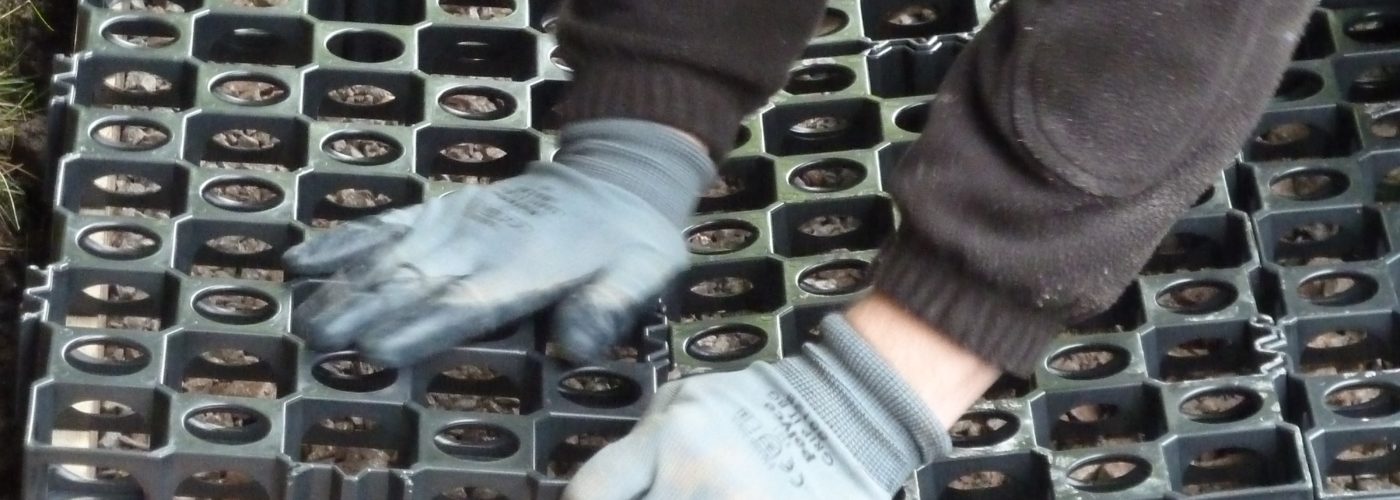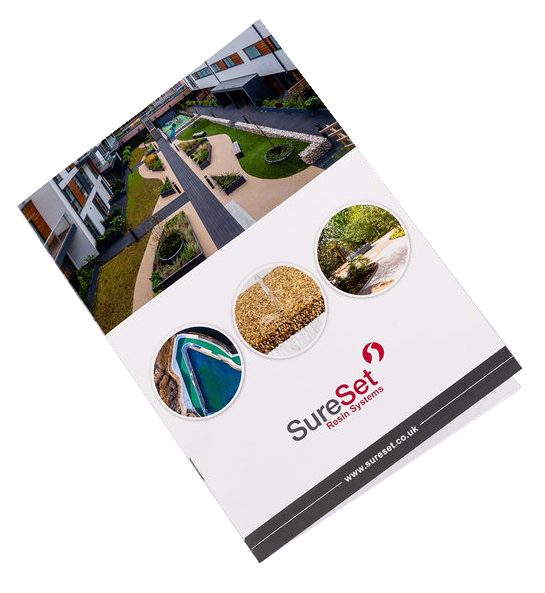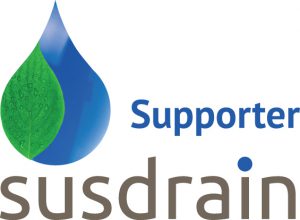
Suitable Surfaces For Laying A Resin Drive
If you’re thinking of laying a resin drive, you might be wondering if you have a suitable base on which to install it. That’s a good question, as a stable base is one of the keys to ensuring your resin driveway surface stays in good condition for years to come.
Read on to learn more about suitable surfaces for installing resin driveway systems.
What Makes A Surface Suitable As A Base?
Before we go into different materials that make suitable bases for SureSet, let’s take a quick look at a few characteristics that a surface intended for use as a base for resin paving should have.
One of the most important factors is that the surface should be suitable for the load that it will carry after you install SureSet resin bound paving. It’s not so much the weight of the paving, but rather the type and the number of vehicles that are most likely to use the driveway on a regular basis.
Another factor is the number of joints in the surface you want to use as a base for laying a resin drive using SureSet. The fewer the joints, the better the finish. Tarmac and concrete driveway slabs are good examples of sturdy surfaces that don’t have many joints.
Surfaces That Make Suitable Bases
With that in mind, let’s delve into suitable surfaces for laying a resin drive. Some of the best surfaces for resin driveways DIY or professionally installed include:
- Concrete
- Tarmac
- Grid systems such as SureCell
Let’s go into them in more detail.
Concrete Surfaces
A new or old concrete surface is suitable for resin paving, especially if the concrete is permeable. Not all types of concrete are permeable, but most types absorb moisture. If your concrete isn’t permeable, there’s a risk that the moisture it absorbs will affect the lifespan and quality of your resin driveway.
A non-permeable concrete base could also lead to water forming puddles and pools on the driveway surface, which defeats the purpose of permeable resin-bound paving. If your new or existing concrete base isn’t permeable, you’ll need to install falls and drainage before laying a resin drive. The falls toward the drainage point should be 1 in 100, and the drainage point should be at the height of the concrete.
If you’re laying a new concrete surface, make sure you give it enough time to cure properly before installing the resin driveway (at least 14 days). You’ll also need to prime it with polymer primer before pouring on and smoothing the resin paving. If you want to install SureSet resin-bound paving on an old concrete surface, make sure you clean the surface thoroughly and prime it with a polymer primer.
One of the benefits of laying a resin drive on a concrete base is that concrete is durable and relatively inexpensive. Another benefit is that, when primed, it bonds well to resin-bound paving.
A couple of great examples of SureSet resin-bound paving laid on concrete to create beautiful driveways include:
A sloped driveway in Somerset: 6mm milk chocolate aggregate was laid at a depth of 18mm over existing concrete to create a 45 square metre sloped driveway at a private residence in Somerset.
Driveway and tree pit in South Buckinghamshire: 6mm midnight and 10mm sterling aggregates were laid at a depth of 18mm and 40mm to create a durable, attractive driveway and tree pit in South Buckinghamshire. SureSet resin bound paving was laid over an existing concrete base.
Tarmac Or Asphalt Surfaces
A newly installed or existing tarmac or asphalt surface makes a suitable base for resin paving if it is in good condition. If the tarmac or asphalt is not permeable, you’ll need to install falls and drainage, as mentioned above. If it is permeable, you don’t need to worry about falls and drainage when planning your tarmac driveway ideas.
If you’re laying a new tarmac surface, you’ll need to give it adequate time to dry properly before laying a resin drive (about 14 days). If the tarmac isn’t permeable, you will need planning permission. If you have an existing tarmac surface, make sure it’s in good condition. Tarmac should be laid on an appropriate sub-base such as MOT type 3 gravel with enough depth to support the weight of the resin-bound paving and the vehicles that will use the drive regularly.
One of the benefits of laying a resin drive on a tarmac base is that you can install the resin paving directly on the tarmac, as it creates chemical and physical bonds.
Good examples of SureSet resin paving used on tarmac to create driveways include:
Bungalow driveway in Warminster: 6mm milk chocolate aggregate was laid at a depth of 18mm to create a beautiful driveway at a private bungalow in Warminster. The SureSet paving was laid over resin-bound paving that had been laid on existing tarmac by an unapproved installer. The original resin paving cracked and had loose stones, but our approved installers and in-house installation team ensured the SureSet was laid properly, to the delight of the homeowners.
Driveway and garden paths in Cuffley, Hertfordshire: 6mm winter bronze aggregate was laid at a depth of 24mm to upgrade an existing driveway and garden paths in the Hertfordshire village of Cuffley. Prior using SureSet, the homeowner used an unapproved installer to install resin-bound paving over tarmac. The paving was removed and the SureSet was laid directly over the tarmac.
Grid Systems
SureSet’s SureCell grid system is a great surface for laying a resin drive. It’s environmentally friendly and free draining, which makes it a good alternative to concrete and tarmac.
The grid structure makes it sturdy enough to support a driveway. If you decide to use SureCell, you can place it on a base of MOT type 3 gravel and then fill it with loose gravel before laying the paving on it. One of the important things to remember is that grid systems aren’t as strong as concrete or tarmac.
A good example of SureCell being used as a base for laying a resin drive is:
Large driveway in Rousillon, France: 6mm Provence aggregate was laid at a depth of 24mm over a 52mm SureCell base to create a stunning 340 square-metre large driveway at a beautiful villa in the French heritage village of Roussillon.
As you can see, you lay resin driveway surfaces over suitable bases such as concrete, tarmac, asphalt, and grid systems such as SureCell. Choose the one that best meets your needs. Please don’t hesitate to contact our friendly team for advice on your project.
Enquire








